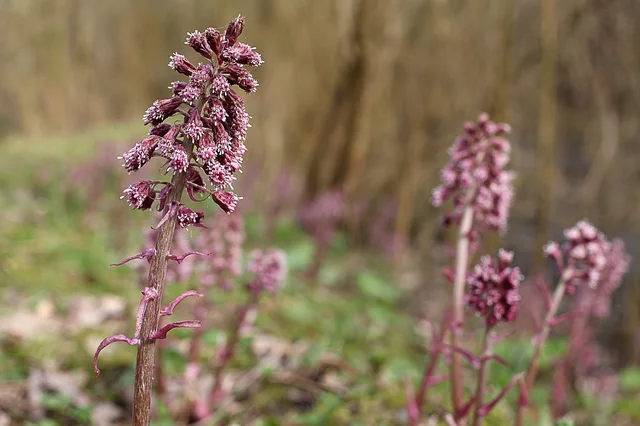Here's what you need to know about plague
Plague (also known as the Black Death) is one of most notorious and fatal diseases in history. Plague is a bacterial disease caused by the bacterium Yersinia Pestis. It spreads from animals (rats) to humans through flea bites. The plague has caused some of the most devastating epidemics in history. It killed millions across Europe and Asia between the Middle Ages. While plague is less prevalent today, it remains a major health problem in certain parts of the globe.

How does it work?
Plague, an infectious disease can lead to severe illness or even death. Plague symptoms include headaches, fever, weakness and chills. Then there is painful swelling of lymph nodes in the armpits or groin. Sometimes, an infected individual may experience Pneumonia -like symptoms such as difficulty breathing and coughing. Plague can prove fatal if it is not treated.
The World Health Organization (WHO) estimates that there are approximately 3,248 cases worldwide of plague each year. The majority of cases are in Africa with Madagascar particularly at risk. India, China and Pakistan are also affected by plague.
Plague: Common Causes
Infected flea bites are the most likely cause of plague. Infected fleas feed on rats or mice that have been infected by the bacteria Yersinia Pestis. Plague can be caused by an infected flea biting a person.
Pestilence can be transmitted by contact with animal tissues or fluids. Infected animals or their blood can spread the disease. Plague can be transmitted via airborne particles. This is usually done when the infected person is coughing.
Common Treatments for Plague
How severe the disease has advanced will determine how effective treatment is. The most common treatment for plague is Antibiotics such as streptomycin or gentamicin. To be effective, antibiotics should be administered within 24 hours after symptoms begin. Additional treatments such as oxygen therapy may be required in some instances to relieve symptoms.
Supportive care such as oxygen therapy and intravenous fluids may be required in severe cases. Patients may need intensive care including mechanical ventilation. The severity of an infection will determine the recovery time, however most patients who are treated promptly can recover.
Considerations of Experts and Professionals on Plague
Experts are unanimous in their belief that prompt diagnosis and treatment is crucial for successful healing from plague. The Centers for Disease Control and Prevention advises that you seek immediate medical attention if there is suspicion of an infection. The CDC recommends that you take precautions against flea bites, and avoid contact with wild animals and rodents.
Professor of Medicine at Johns Hopkins University School of Medicine Dr. Trish perl suggests that anyone who suspects they might have been exposed should use preventive measures such as long sleeves, pants, and insect repellents to lower their chance of getting the disease.
Tips and Natural Remedies
There are not natural cures for plague. However, you can reduce the chance of getting infected by these prevention tips. Here are some of these:
- Avoid direct contact with wild rodents or other animals.
- When outdoors, wear protective clothing such as long sleeves or pants.
- When outdoors, use insect repellent
- Any rodent droppings or areas containing them should be cleaned up.
- Seal cracks and crevices to keep rodents out of your house.
- Flea treatment products should be used on pets frequently.
While these preventive measures may help to protect you from plague, it's important that you remember there are still risks of getting infected.
Conclusion
Plague, a severe bacterial infection can lead to serious illness or even death. Plague is a very serious disease that is less prevalent than in the past. For a successful treatment of plague, prompt diagnosis is essential. Preventive measures such as not contacting rodents or using insect repellent can reduce the chance that you will become infected.
This article provides a comprehensive overview of the plague including causes and treatments as well as prevention tips. You can protect yourself and your family from the potentially fatal disease by understanding its risks and making the appropriate precautions.